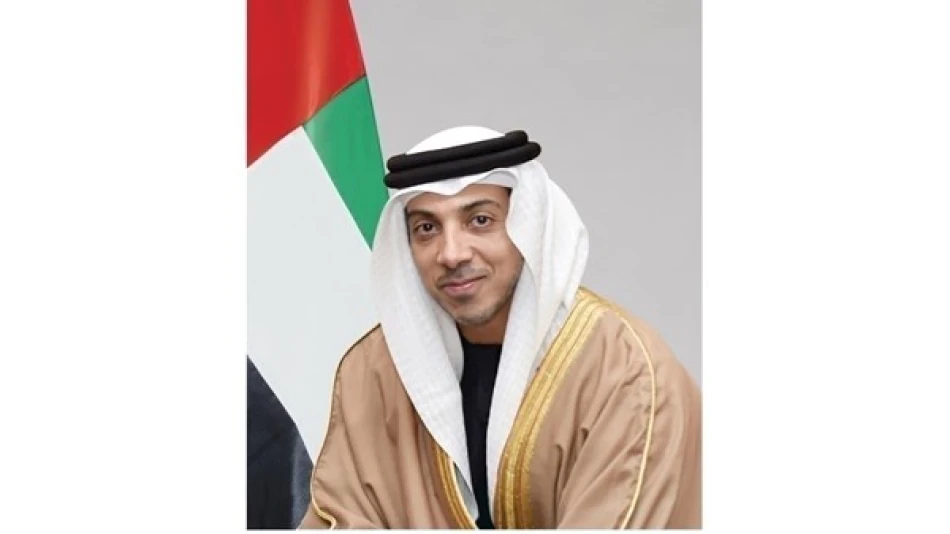
Shaping Minds and Empowering Talents: Mansour bin Zayed's Vision for the New Academic Year
UAE Leadership Positions Education as Strategic Foundation for National Vision 2071
Sheikh Mansour bin Zayed Al Nahyan, UAE Vice President and Deputy Prime Minister, has reinforced the Emirates' commitment to education as a cornerstone of national development, describing the new academic year as a "renewed station for building minds and creating capabilities." His statement underscores the UAE's strategic positioning of human capital development at the center of its long-term economic diversification goals.
Education as Economic Infrastructure
The Sheikh's emphasis on education as a "national mission" reflects the UAE's systematic approach to reducing oil dependency through knowledge-based industries. Unlike many resource-rich nations that have struggled with economic diversification, the Emirates has consistently invested in educational infrastructure as a precursor to technological advancement and innovation hubs.
This approach mirrors successful models from Singapore and South Korea, where government-led education initiatives preceded major economic transformations. The UAE's focus on "building minds" aligns with its Vision 2071 goal of becoming the world's best country by the nation's centennial, requiring a workforce capable of competing in artificial intelligence, renewable energy, and advanced manufacturing sectors.
Strategic Timing and Regional Context
Competitive Positioning in the Gulf
The statement comes as Gulf nations intensify competition for regional leadership in education and innovation. Saudi Arabia's NEOM project and Qatar's Education City represent significant investments in human capital development, making educational excellence a matter of national competitiveness rather than just social policy.
The UAE's approach differs by integrating education directly with economic planning. The country's establishment of specialized free zones for education, such as Dubai International Academic City, demonstrates how educational policy serves broader strategic objectives of attracting international investment and positioning the UAE as a regional knowledge hub.
Post-Pandemic Educational Priorities
The emphasis on "creating capabilities" reflects lessons learned during the COVID-19 pandemic, when digital transformation became essential for educational continuity. The UAE's rapid adoption of remote learning technologies and hybrid educational models has positioned it ahead of regional competitors in educational innovation.
This technological integration supports the country's broader digital economy initiatives, including the UAE Strategy for Artificial Intelligence 2031 and the National Program for Coders, which require an educationally prepared workforce to succeed.
Investment Implications and Market Impact
For investors and multinational corporations, the UAE's educational focus signals long-term stability and workforce quality improvements. Companies in technology, finance, and renewable energy sectors particularly benefit from government commitments to educational excellence, as skilled labor availability directly impacts operational costs and expansion possibilities.
The integration of education with national vision also suggests continued government spending on educational infrastructure, creating opportunities in educational technology, construction, and professional services sectors. This sustained investment approach contrasts with more volatile educational policies in other emerging markets, offering predictable growth trajectories for education-focused businesses.
Most Viewed News

 Layla Al Mansoori
Layla Al Mansoori






